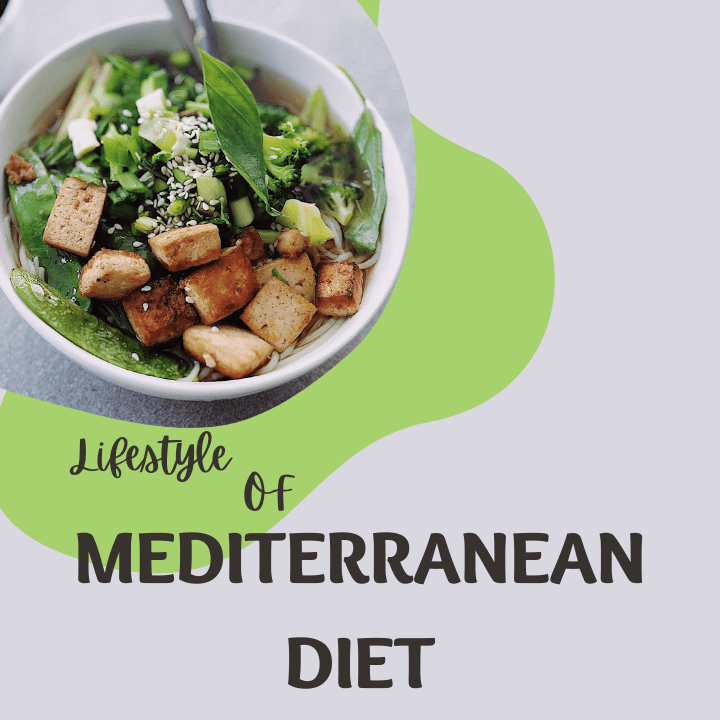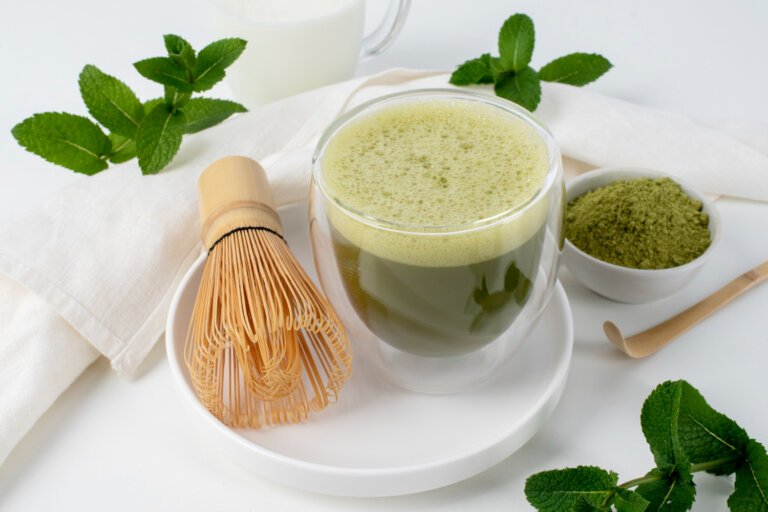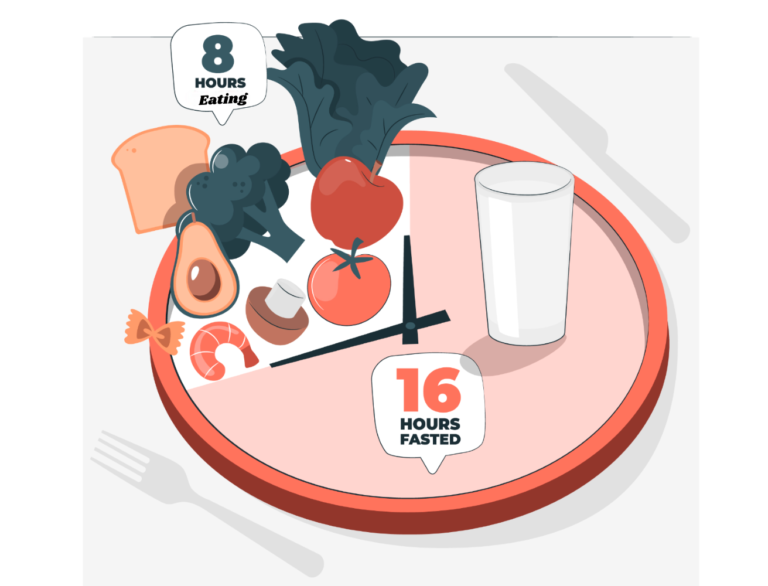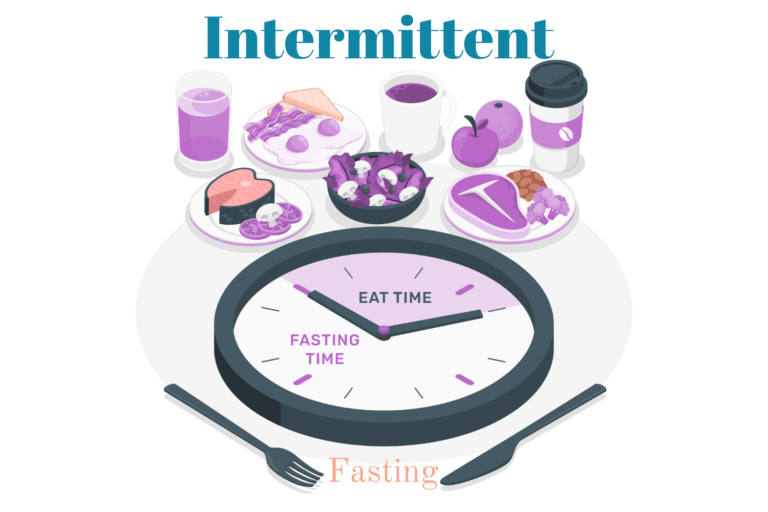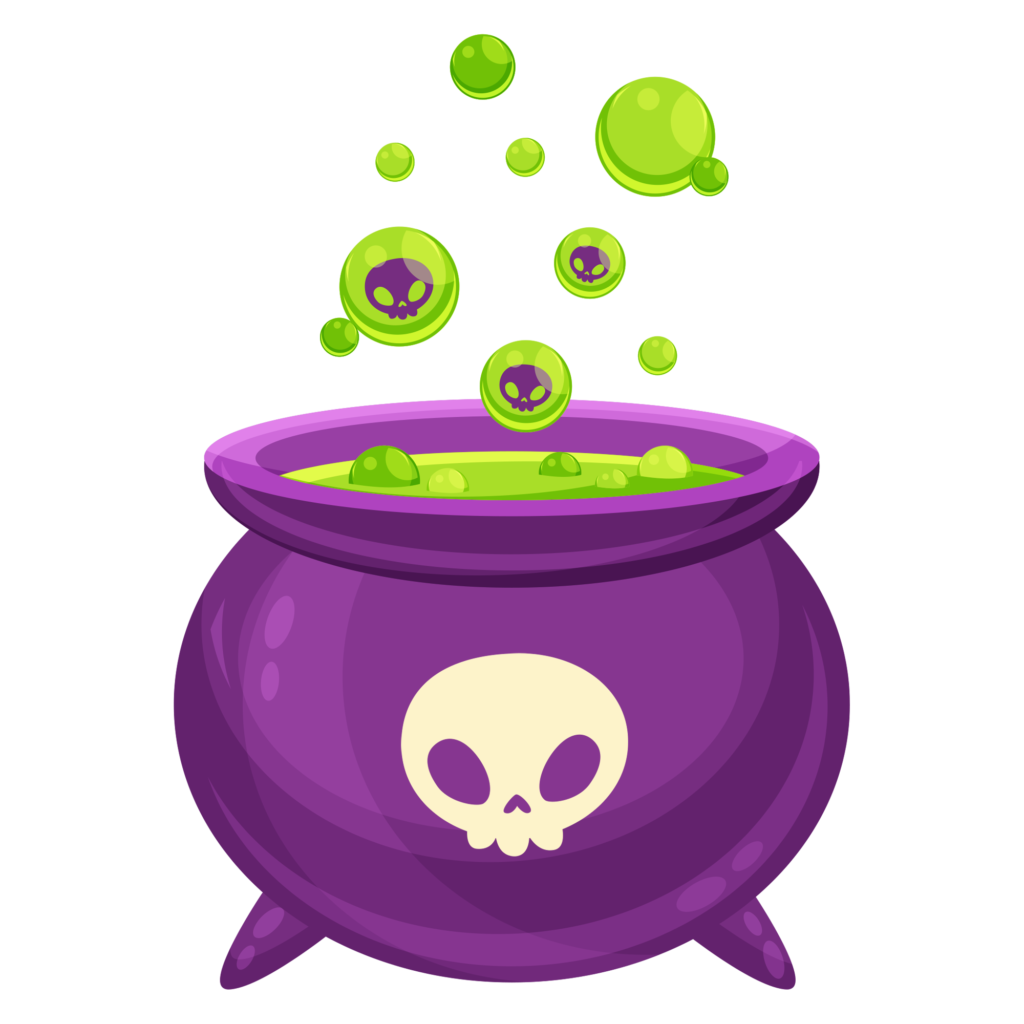Magical Matcha Green Tea: Nutrients, Health Benefits and Side Effects
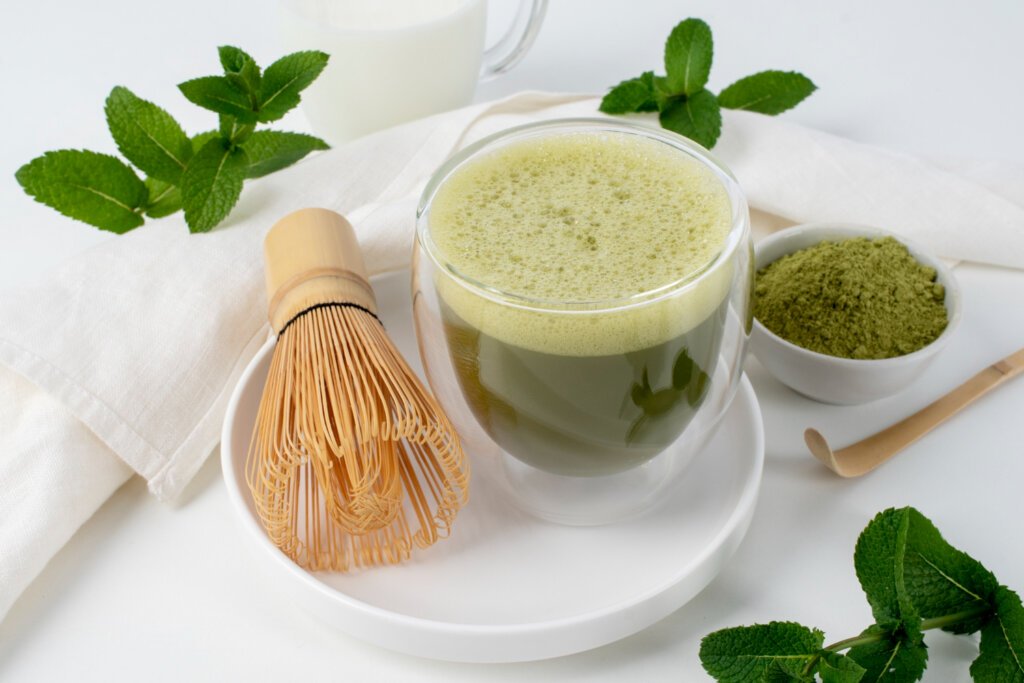
Elaboration of Matcha
Matcha is a kind of green tea made from the young leaves of the Camellia sinensis plant. This particular tea is harvested under a shade known as ‘Kabuse’, following the traditional method of using tarpaulins or bamboo mats to cover the tea plants.
Sometimes matcha is made from Tencha leaves, which are a type of Japanese green tea. Tencha is made from young tea leaves that are finely ground.
By following these steps, the tea leaves are exposed to limited sunlight, which increases their chlorophyll and amino acid content.
The young leaves at the top of the green tea plant are bright green. They are carefully handpicked and steam.
Steaming helps the young leaves preserve their green color and nutrients. It also helps stop oxidation, which is the reason for their antioxidant properties.
Matcha is widely produced in Japan today, although it originally came from China.
Basically, when we drink matcha tea, we consume whole tea leaves.
Due to these differences in processing, matcha becomes magical for its health benefits. Not only is it consumed as tea, but matcha can also be enjoyed as Matcha Lattes, Matcha Pancakes, Matcha Overnight Oatmeal, and Matcha Cookies.
Matcha’s Nutrient Magic
Matcha has a unique nutrient content because of its growing process and conditions.
It contains a large number of flavonoids, such as Catechins, which are polyphenolic antioxidants.
It also contains vitamins and minerals like Vitamin C.
Matcha has a high amount of EGCG (epigallocatechin-3-gallate), a type of catechin that fights against cancer cells in the body.
Matcha contains amino acids like L-theanine, which help relieve stress, boost energy metabolism, and support brain and heart health.
Which Has More Caffeine: Matcha, Green Tea, or Coffee?
Although all three contain caffeine, coffee has more caffeine than matcha, and matcha has more caffeine than green tea.
However, it has been shown that matcha helps keep one alert for a longer time than coffee.
Matcha is prepared as tea by taking 1 teaspoon of matcha powder and adding hot water. Whisk it properly until it is ready to drink.
Remember, it’s important to add hot water but not boiling water, as boiling water can alter the nutritional properties.
Matcha’s Health Benefits
Matcha has numerous health benefits due to its nutrient profile and growing conditions.
1. Source of antioxidants
Matcha contains a large number of antioxidants, which fight against free radicals in the body, reducing damage caused by oxidation. This protects the body from many chronic diseases.
2. Protects heart health
Matcha helps protect the heart by lowering the risk of atherosclerosis. It also helps lower blood pressure and supports blood vessel health. It is associated with lowering the risk of other chronic heart diseases, including heart attack and stroke.
3. Good for mental health
Matcha contains a specific amino acid called L-theanine. Research shows that L-theanine helps elevate levels of GABA, dopamine, and serotonin. It has been proven that matcha helps lower anxiety and relieve stress by promoting relaxation and calming the mind.
4. Aids in weight loss
Matcha supports weight loss by helping control body weight. It is very good for gut health and contains a high concentration of EGCG, a powerful catechin that boosts metabolism. It also accelerates fat burning, leading to weight loss. Additionally, polyphenols in matcha help boost metabolism.
5. Boosts long-lasting energy
Matcha helps boost energy. While it contains mild caffeine, less than coffee, it has long-lasting effects on energy levels.
6. Improves brain health
Matcha improves brain health. A study shows that consuming two grams of matcha powder regularly for three months increases brain performance in older adults. The study involved two groups, one taking matcha tea and the other a placebo or a bar. The group consuming matcha tea showed improvement, being more attentive and focused than the placebo group.
7. Provides vitamins and minerals
Matcha is a great source of vitamins and minerals, including Vitamins C, K, and B. It also contains more than 50% of the daily intake of Vitamin A, as well as minerals like potassium, iron, zinc, and magnesium.
8. Protects liver and kidney health
Matcha helps protect liver and kidney health. Animal studies show that matcha lowers the risk of liver and kidney disease by reducing damage caused by toxins.
9. Aids in digestion
Matcha contains a significant amount of fiber, which supports the digestive system by aiding digestion and boosting metabolism.
Matcha Side Effects
Matcha offers numerous health benefits, including support for weight loss, brain health, liver health, kidney health, and heart health.
However, matcha can cause problems for some people. Since matcha contains more caffeine than green tea, it is not advisable for people who are sensitive to caffeine.
Drinking matcha can increase anxiety and cause problems with sleep, leading to insomnia.
Excessive matcha consumption can cause liver problems, upset stomach, diarrhea, etc.
Despite these side effects, matcha is a very good option for those who want to lead a healthy lifestyle.
Follow Us
100% FREE SUBSCRIPTION
What content would you like to receive?


